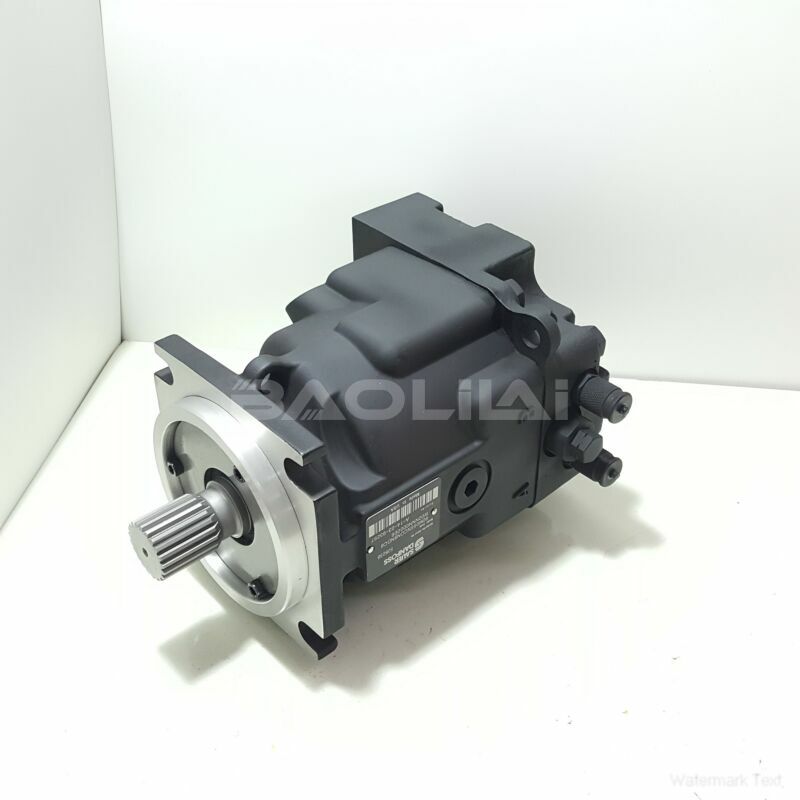90M130NC0N8N0F1W00EBA0000G3 sauer danfoss motor
90M130NC0N8N0F1W00EBA0000G3 sauer danfoss motor

- Product Details
- Applicable Scene
In the realm of manufacturing robotics, hydraulic motors play a pivotal role in enhancing performance and efficiency. These devices convert hydraulic energy into mechanical energy, enabling machines to execute a wide range of tasks with precision and power. As industries strive for increased productivity and automation, understanding the significance of hydraulic motors becomes crucial.
90-M-130-NC-0-N-8-N-0-F1-W-00-EBA-00-00-G3
90M130NC0N8N0F1W00EBA0000G3
One of the most compelling advantages of hydraulic motors is their exceptional power-to-weight ratio. Unlike electric motors, which can become bulky and heavy when delivering high torque, hydraulic motors can generate significant force without a corresponding increase in size. This characteristic makes them ideal for robotics applications where space and weight efficiency are paramount. By utilizing hydraulic motors, manufacturers can develop more compact and agile robotic systems capable of performing complex operations in tight spaces.

9731000
Hydraulic motors also provide superior control and responsiveness. The ability to adjust flow and pressure in hydraulic systems allows for smoother and more precise movements. This level of control is particularly important in applications where accuracy is critical, such as in assembly lines or during the handling of delicate components. The fine-tuned operation of hydraulic motors enables robotic arms to mimic human dexterity, enhancing their functionality in various manufacturing tasks.
Moreover, hydraulic motors excel in applications requiring sustained high power. In heavy manufacturing environments, such as metal fabrication or construction, robots often encounter demanding tasks that require consistent performance over extended periods. Hydraulic motors can maintain their output without overheating, making them well-suited for continuous operations. This reliability ensures that manufacturing processes remain uninterrupted, contributing to increased uptime and productivity.
Maintenance is another area where hydraulic motors shine. While some may perceive hydraulic systems as complex, they often require less frequent maintenance compared to their electric counterparts. The enclosed nature of hydraulic systems protects components from environmental factors, reducing wear and tear. This durability translates to lower maintenance costs and extended machine lifespan, making hydraulic motors a cost-effective choice for manufacturers.





